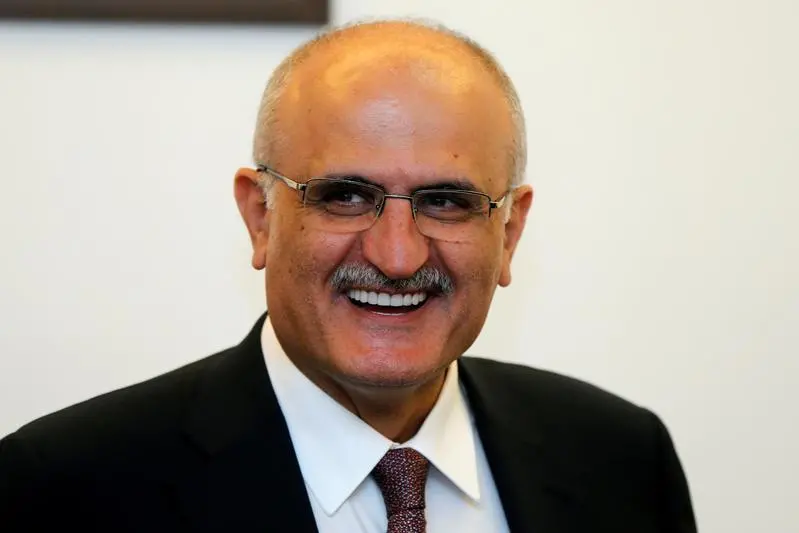PHOTO
BEIRUT - The Lebanese government agreed on Friday to raise the tax on interest payments to 10% from 7% for three years as part of the draft 2019 budget, the information minister said.
Finance Minister Ali Hassan Khalil has described raising the tax as "fundamental" to bringing down heavily-indebted Lebanon's budget deficit.
"It was a very long session, but it was very productive in terms of outstanding matters, most of which were decided, namely raising the tax on interest for banks and individuals from 7% to 10% for a period of three years," Information Minister Jamal Jarrah said in a statement.
"After this period, the tax will return to 7% and our financial and economic situation has improved, and if there is a further improvement, we could lower it from 7% to perhaps 5%," he added.
The chairman of the Lebanese banking association recently warned any increase in the tax on interest payments would affect capital flows to Lebanon, weaken banks’ ability to play their financing role in the economy, and obstruct growth.
Interest income had been tax-free until the government introduced the 7 percent levy last year.
The draft budget under discussion by Prime Minister Saad al-Hariri’s government aims to bring down the deficit to less than 9 percent of GDP in 2019 from 11.2 percent in 2018, the finance minister has said.
Proposals in the draft budget to reduce the public sector wage bill led to protests and strikes by state workers this week.
(Writing by Tom Perry and Angus McDowall Editing by Catherine Evans) ((thomas.perry@thomsonreuters.com; Reuters Messaging: thomas.perry.reuters.com@reuters.net))





















